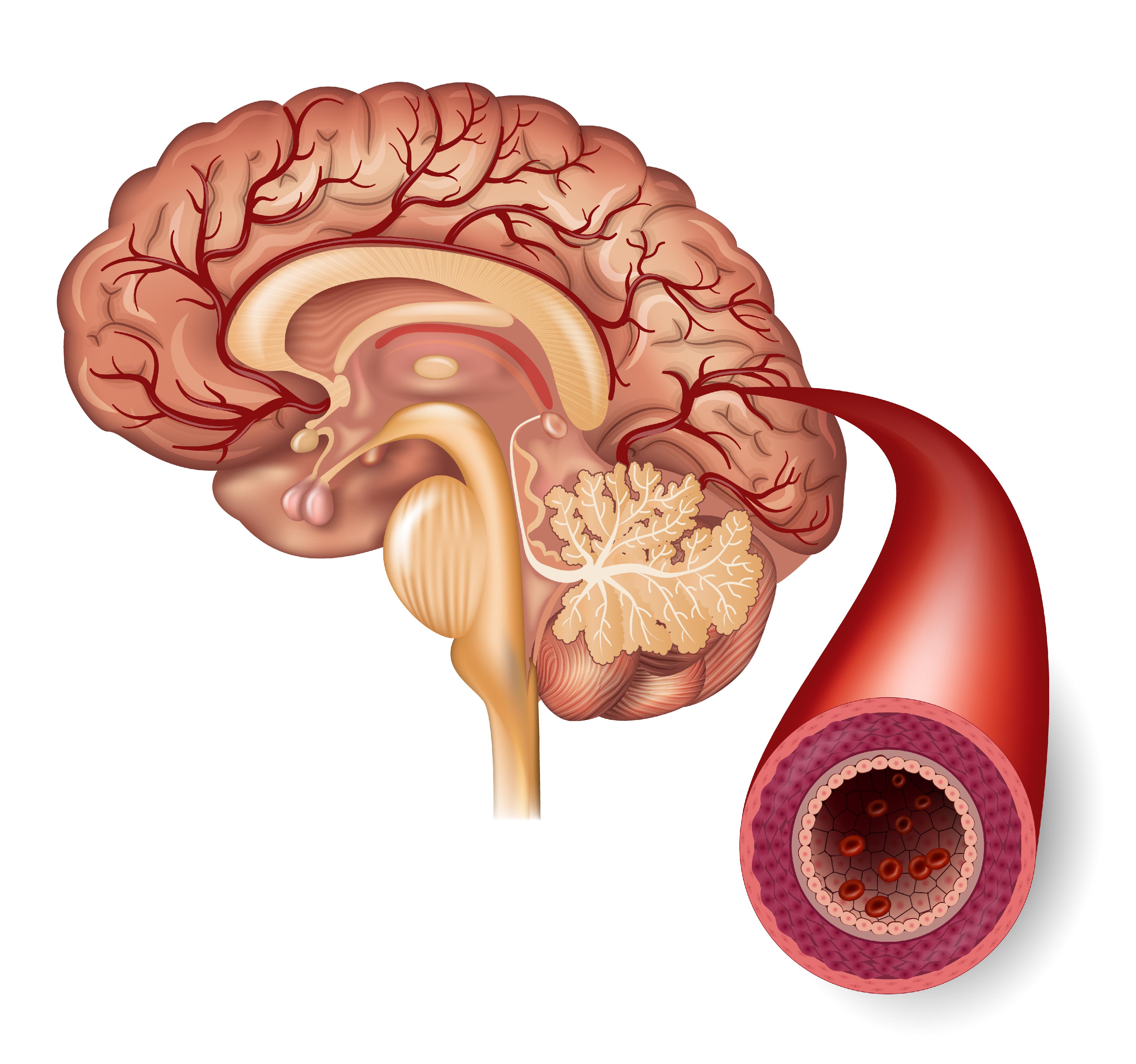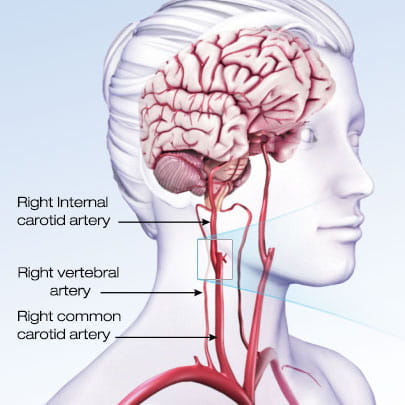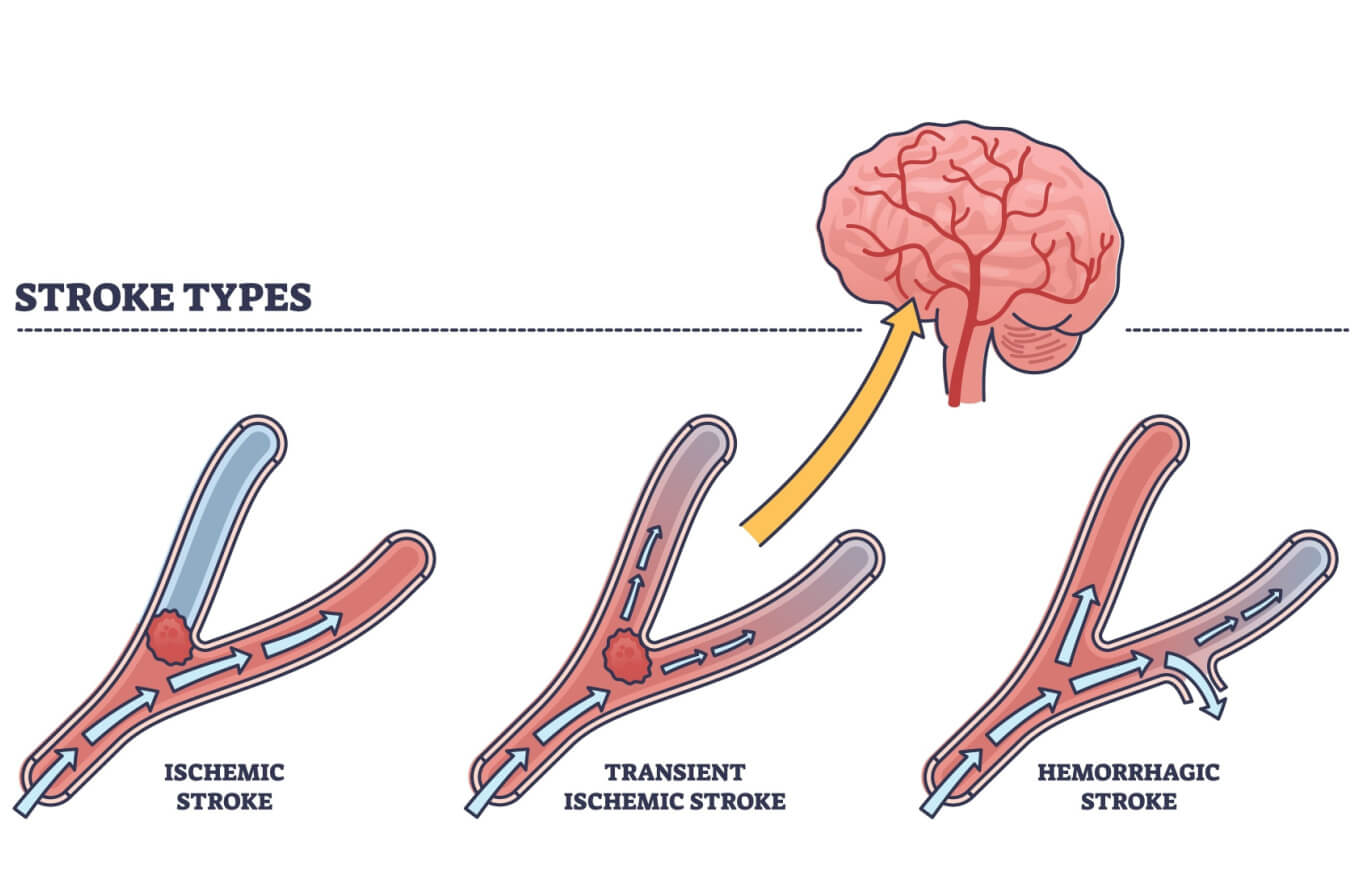Who Is Tia Torres Married To Now - Understanding A Health Signal
You might be here wondering about someone specific, perhaps looking for details on a public figure named Tia. It's a common search, really. People often look up individuals they admire or are simply curious about. But sometimes, a name can sound a lot like something else entirely, leading to a bit of a mix-up, and that's actually what we're going to talk about here.
See, the phrase "Tia" can also refer to something quite different, something that has to do with your health. It's an acronym, T.I.A., and it stands for a medical situation that's very important to know about. This isn't about personal relationships or family matters, but rather about a quick health alert that can happen to anyone. It’s almost like a warning sign your body might give you, you know?
Our information today, in fact, comes from some very practical details about this health topic. We're going to explore what this T.I.A. is, why it matters, and what you should do if you or someone you know experiences it. So, while the initial question might have been about a person, we're going to shed light on a vital piece of health information instead, which is that much more important.
- Cooking With Kia Leaked
- Thiago Pantale%C3%A3o Nudes
- Derek Jeter Laughing
- Bryan Garris Height
- Sunnie Bunnie Xo
Table of Contents:
- So, Who is Tia Torres Married To Now? Let's Clear Up a Common Mix-Up
- What Exactly is a TIA, Anyway?
- Why Does a TIA Matter So Much?
- Spotting the Signs - What to Look For
- Getting Help - Why Quick Action is Key
- Who Helps with a TIA - Understanding Your Care Team
- Treating a TIA - What Happens Next?
- Thinking About Long-Term Health
So, Who is Tia Torres Married To Now? Let's Clear Up a Common Mix-Up
It's interesting, isn't it, how words can sound alike but mean completely different things? You might be searching for information on "who is Tia Torres married to now," looking for details about a person's life. But in the world of health, there's a term that sounds just like "Tia" – it's T.I.A., which stands for Transient Ischemic Attack. This is where the confusion often comes in, and that's what we're going to talk about today.
The information we have available to us, you see, is all about this health condition, not about a specific individual. So, while the question "who is Tia Torres married to now" brings you here, our focus will be on explaining what a T.I.A. is and why it's something everyone should understand. It's a bit of a pivot, I know, but it’s for a very good reason.
This health event, the T.I.A., is actually a signal your body might send. It's like a short, temporary warning. It's not something that causes lasting harm on its own, but it’s certainly something you pay attention to. So, let's put aside the question of "who is Tia Torres married to now" for a moment and really get into what this medical T.I.A. means for you and your well-being.
What Exactly is a TIA, Anyway?
A Transient Ischemic Attack, or T.I.A., is a brief episode where you might experience signs that are quite similar to those of a stroke. It's a bit like a temporary interruption in your body's usual flow. Think of it as a very short moment when things don't quite work as they should, but then they get back to normal pretty quickly. It's not a full-blown stroke, which is important to remember.
What causes this quick interruption? Well, it happens because there's a brief blockage in the way blood gets to your brain. Your brain needs a steady supply of blood, with all its good things like food and oxygen, to work properly. When that supply gets cut off, even for a little while, you might notice some changes. This temporary shortage of blood flow is the root cause of a T.I.A., you know, just for a short time.
Most of the time, a T.I.A. only lasts for a few moments, or maybe just a few minutes. It's very fleeting. Unlike a stroke, which can cause permanent damage, a T.I.A. doesn't leave lasting effects. That's a key difference. However, it's still a very important event because, as we'll talk about, it can be a signal that something else might be going on, something that needs a closer look, which is quite serious.
Why Does a TIA Matter So Much?
Even though a T.I.A. doesn't cause lasting harm, it's considered a serious warning sign. It's your body's way of telling you, "Hey, something isn't quite right here." It's like a quick heads-up that you shouldn't ignore. Because of this, getting a prompt check of your signs is very important. This quick look helps health professionals figure out what caused the T.I.A. in the first place.
Figuring out the reason behind a T.I.A. is a big deal. It helps your healthcare team pick the best way to help you. Without knowing the cause, it's harder to prevent future, possibly more serious, events. So, that speedy check-up isn't just about the T.I.A. itself, but about what it might mean for your health down the road. It’s almost like solving a puzzle, you see.
The signs of a T.I.A. and a stroke are the same, which is why acting fast is so important. If you or someone you're with notices any of these signs, getting medical help right away is the best thing to do. You can't tell the difference between a T.I.A. and a stroke just by looking at the signs, so always treat it as an emergency. That immediate action could make a real difference, honestly.
Spotting the Signs - What to Look For
Since the signs of a T.I.A. and a stroke are the same, knowing what to look for is really important. These signs can come on suddenly. You might notice a sudden weakness or numbness, perhaps on one side of your body, like in an arm or a leg. It could also be a sudden problem with your vision, like seeing double or losing sight in one eye. These are things that typically stand out, you know?
Other signs could include trouble speaking or understanding what people are saying. Your words might come out slurred, or you might find it hard to find the right words. Sometimes, a sudden, very bad headache that comes on for no clear reason can also be a sign. Or, you might suddenly feel dizzy or have trouble keeping your balance. These are all things that need immediate attention, really.
Because these signs can be so varied and come on so fast, it's helpful to remember something simple like "FAST." This stands for Face drooping, Arm weakness, Speech difficulty, Time to call emergency services. If you see any of these, it's time to act quickly. This quick recognition is a big part of getting the right help when it's needed most, which is quite important.
Getting Help - Why Quick Action is Key
When you experience any of these signs, getting medical attention right away is the most important step. Even if the signs go away quickly, like they do with a T.I.A., it's still very important to get checked out. This quick response helps doctors figure out what happened and what steps need to be taken next. It’s not something you should put off, you know?
Once you get to a medical facility, the healthcare team might suggest various tests. For example, you may have tests such as magnetic resonance imaging, or M.R.I. This kind of test gives doctors a detailed look at your brain. They use these pictures to see if there's any sign of damage or if they can find the reason for the temporary blood flow problem. These pictures are really quite helpful, you see.
Other tests might also be done to check your heart or your blood vessels. The goal is to get a full picture of your health and understand why the T.I.A. happened. This thorough check-up helps the medical team create a plan to help prevent future events. It’s all about getting to the bottom of things and making sure you stay as healthy as possible, which is very reassuring.
Who Helps with a TIA - Understanding Your Care Team
When it comes to getting care for a T.I.A., you'll likely meet a team of healthcare professionals who work together. For instance, at places like Mayo Clinic, they have doctors who are specially trained in conditions that affect blood vessels and the brain. These are sometimes called cerebrovascular neurologists. They are the ones who really know about how the brain's blood supply works, and what can go wrong with it.
These doctors have a lot of experience in this area. They work to figure out what caused your T.I.A. and what the best way forward is for your health. They are part of a larger team that might also include other specialists, all working to give you complete care. It's a whole group of people focused on your well-being, which is quite comforting.
Mayo Clinic, for example, has one of the largest and most experienced practices in the United States for T.I.A. care. They have locations in places like Arizona, among others. This means they have many doctors who have seen a lot of these cases, so they know a great deal about them. This kind of experience is very valuable when you're dealing with a health concern like a T.I.A., honestly.
Treating a TIA - What Happens Next?
Once the cause of your T.I.A. is figured out, the medical team will talk about treatment options. These treatments are often aimed at preventing future problems, especially a stroke. For conditions like carotid artery disease, which can be a cause of T.I.A.s, treatment often involves making some changes to your daily routine. These are typically things you can do to help yourself, you know?
These lifestyle adjustments might include things like eating in a way that supports your heart, getting regular physical activity, and stopping smoking if you do. These steps are very helpful for keeping your blood vessels healthy. Sometimes, medicines are also part of the treatment plan. These can help with blood flow or manage other health conditions that might be contributing to the issue. It's a combination of approaches, really.
In some situations, surgery might be suggested. This is usually considered if there's a serious blockage in a large artery, especially if other treatments haven't been enough. For instance, if the reason for the T.I.A. is a narrowing of the blood vessels in your head, a medical professional might suggest a procedure to help widen those vessels. This is a more involved step, of course, but it can be very effective.
Thinking About Long-Term Health
Sometimes, if a large artery is very blocked, alongside medicines like aspirin or clopidogrel, a doctor might also prescribe a medication called cilostazol. This is another way medical staff might approach the situation. They might also suggest a course of treatment for a specific period, perhaps for 30 days, to help manage the condition and reduce risks. It’s all part of a plan to keep you well, you see.
It's also worth thinking about related conditions. For example, vascular dementia is a condition that happens when your brain's blood vessels get damaged.



Detail Author:
- Name : Dr. Daren Kris
- Username : granville79
- Email : lavinia.bode@wisoky.net
- Birthdate : 1993-09-25
- Address : 297 Keeley Brook West Kenyaberg, AZ 47165-0619
- Phone : 1-424-521-8011
- Company : Wehner Inc
- Job : Production Helper
- Bio : Cupiditate minus velit molestias modi. Corporis corrupti eum fuga. Maiores id quae occaecati et quia at quas tenetur.
Socials
facebook:
- url : https://facebook.com/langoshr
- username : langoshr
- bio : Eum voluptatem voluptate odio et autem reiciendis. Ut ut pariatur laboriosam.
- followers : 485
- following : 2635
tiktok:
- url : https://tiktok.com/@ray.langosh
- username : ray.langosh
- bio : Est repellendus placeat voluptate sapiente. Dolore a reiciendis hic odio.
- followers : 282
- following : 2785
linkedin:
- url : https://linkedin.com/in/langoshr
- username : langoshr
- bio : Rerum alias deleniti perferendis voluptatem.
- followers : 6891
- following : 1986
instagram:
- url : https://instagram.com/rlangosh
- username : rlangosh
- bio : Ea minus qui ducimus excepturi ea molestiae quae. Qui dolor sed labore rerum iure quasi.
- followers : 171
- following : 2692